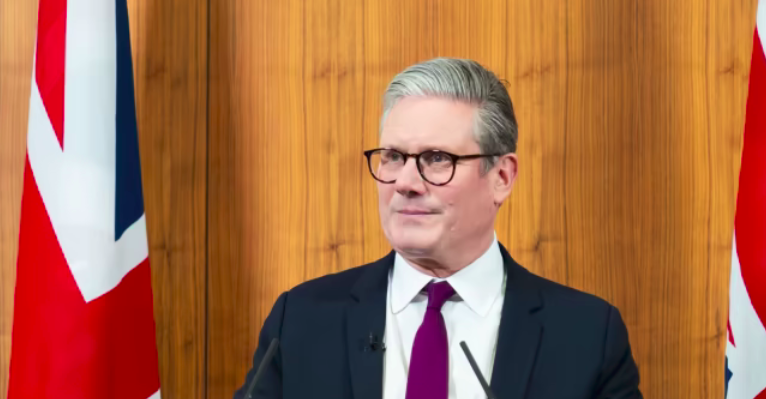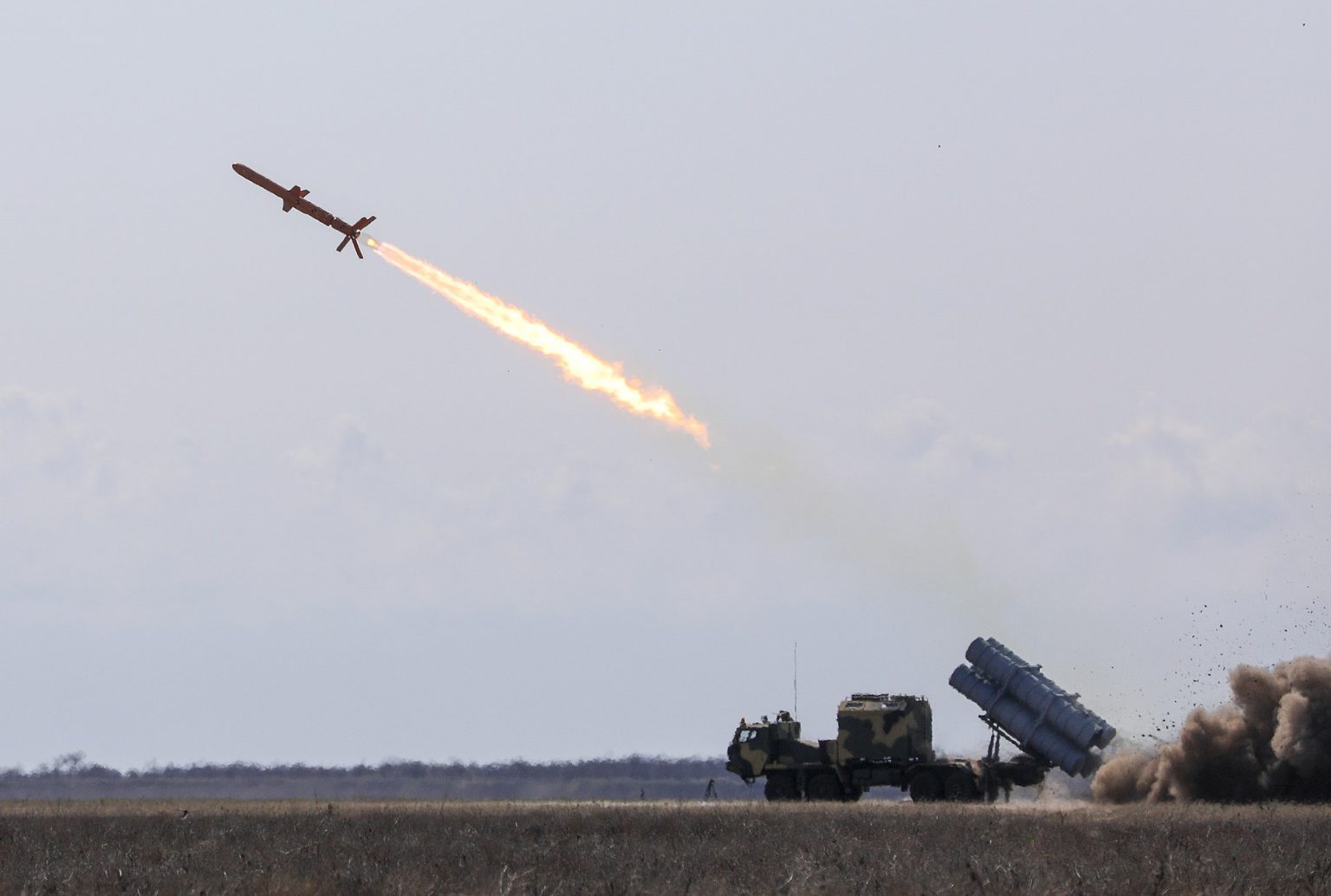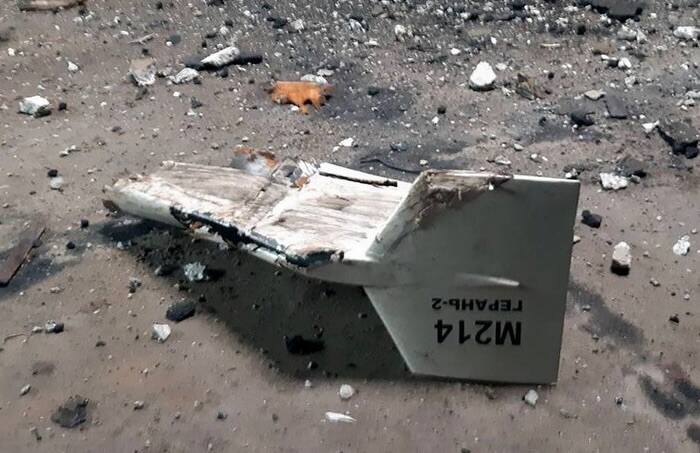Britain will increase its defence spending to 2.5% of GDP by 2027, marking the largest growth in defence expenditure since the Cold War, Prime Minister Keir Starmer announced on 25 February.
The UK will reallocate budget expenses to reach this goal without sharply increasing national debt or taxes. International aid will be cut from 0.5% to 0.3% of GDP.
"I do this with a heavy heart," Starmer said regarding the aid reduction. Britain provides humanitarian assistance to Ukraine, the Gaza Strip, and organizations fighting climate change.
From 2027, the UK will spend £13.4 billion more annually on defence than it does now. Including intelligence agency funding, total expenditure will reach 2.6% of GDP.
Starmer suggested that during the next parliamentary term, an increase to 3% of GDP should be considered.
The British Prime Minister made this announcement amid his visit to Washington, where he will meet with US President Donald Trump. Trump has repeatedly demanded NATO partners increase defence spending to 5% of GDP. Currently, no alliance country spends that much on defence, with the US itself allocating about 3.5% of GDP.
Other European countries are also discussing increased defence spending, primarily due to threats from Russia. Britain faces cybersecurity threats, sabotage, and mass killings.
US Secretary of Defense Pete Hegseth reportedly held a phone conversation with his British counterpart John Healey and acknowledged London's decision to increase defence spending to 2.5% of GDP.
The Pentagon chief wrote on X (Twitter) that during their talk, his British colleague confirmed the UK government's decision to increase defence spending to 2.5% of GDP, "and eventually much further."
"A strong step from an enduring partner," Hegseth added.
Healey noted that Britain and the US will continue to "work side by side to strengthen our armed forces and our common security."
Read also:
- Macron, Starmer to urge Trump not to hold bilateral talks with Russia on Ukraine – The Times
- Starmer open to deploying British troops to Ukraine as US support uncertainty grows
- Ukraine still on “irreversible path” to NATO despite Trump’s stance, UK’s Starmer tells Zelenskyy





